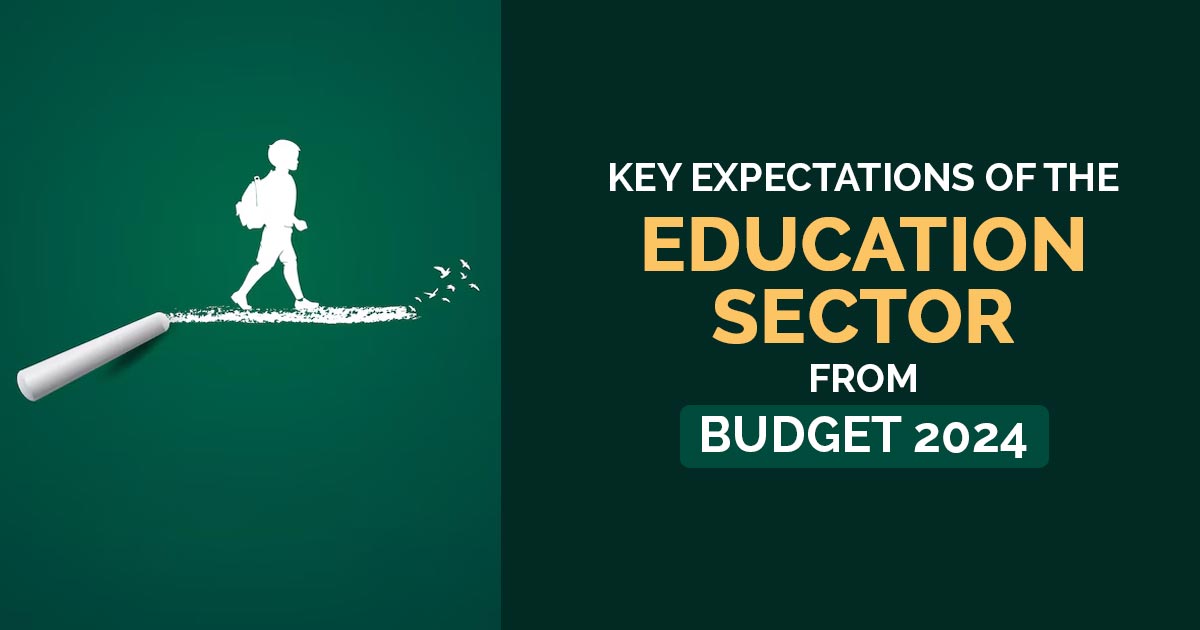
Finance Minister Nirmala Sitharaman is scheduled to present the Union Budget 2024 on July 23. Yesterday, Sitharaman participated in the Halwa ceremony, which marks the final stage of budget preparation and precedes the lock-in process for officials involved in the budget.
The ed-tech sector has high expectations from the budget 2024, including hopes for reduced GST, improved digital infrastructure, and more favourable policies.
Prateek Maheshwari, co-founder of PhysicsWallah and chair of the India EdTech Consortium (IEC), has advocated for a complete exemption of GST on all educational expenses for students from below-poverty-line (BPL) and low-income (LIG) families. Maheshwari emphasized that the current 18% tax rate is unreasonably high for a fundamental necessity like education, significantly impacting the net disposable income of these families.
Recently, the government exempted hostels from GST. Hostels are now exempt if the monthly charge is below Rs 20,000 per person for stays outside of the college campus.
However, Maheshwari pointed out that there are still uncertainties surrounding this exemption, particularly regarding the requirement for students to continuously reside in the accommodation for 90 days. The ed-tech sector has consistently demanded the removal of GST. It’s to be highlighted that the 18% GST does not apply to all educational institutions.
While colleges and universities are exempt, coaching centres and private training centres are subject to 18% GST. Many experts have expressed support for reducing GST. Mohit Tyagi, Director of Competishun, stated that eliminating GST would make education more affordable and accessible, ultimately contributing to the development of a stronger and more knowledgeable future generation.
Read Also: GST Impact on Education Sector in India
Another crucial demand from the sector is for the government to focus on improving the digital infrastructure for online education. Improving digital resources and connectivity, particularly in rural areas, would make sure that students can access modern learning tools and opportunities, added Tyagi. Despite India’s significant internet penetration, there remains a digital divide.
According to a 2022 report on digital inequality, nearly 40% of mobile subscribers in India still do not have smartphones. The National Education Policy (NEP) 2020 recommends allocating 6% of the Gross Domestic Product (GDP) to the education sector.
However, the current investment level is considerably lower, with only around 3% of GDP allocated to education. Aditya Agarwala, Co-Founder and Director at invest4Edu expressed the need for enhanced budgetary distributions in the education industry to align with the direction of NEP 2020. While expectations are high, it is yet to be seen what provisions will be included for the industry in the budget for 2024.